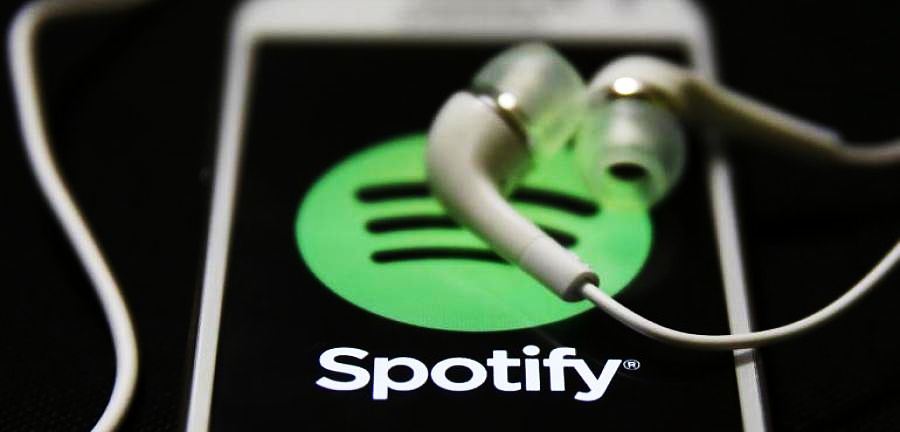Spotify Saved the Record Companies — and Now It Might Kill Them

Do you know how to invest globally? Guild Investment Management has decades of proven experience investing in emerging growth opportunities all over the world. Subscribe to the Guild Investment’s Market Commentary today to access exclusive actionable insights with no borders.
The writer of this article, who still painstakingly curates a 250-gigabyte collection of MP3s, only knows about Spotify thanks to his teenage children. To them, the labor of collecting and organizing audio files — let alone compact discs or other, more ancient and arcane musical media — is unthinkable. They fire up Spotify and find whatever they’re looking for.
Spotify and other similar music-streaming services offered by Apple (AAPL) and Alphabet (GOOG) are the mature result of the intense digital disruption of the music industry that began with pirate-friendly platforms and protocols such as Napster, Pirate Bay, bit torrent, and online file lockers. Piracy halved sales of recorded music in the United States between 1999 and 2014, but the arrival of Spotify helped reverse the trend.
Spotify is continuing to disrupt in several ways. First, companies such as Netflix (NFLX) and Amazon (AMZN) have moved from being conduits of content to producers of content, and have begun to threaten the studios to whom their streaming services initially seemed such a boon. Spotify is set to do the same. As its reach has become wider, it will soon have the power to disintermediate the record companies and strike deals directly with musicians — deals that are much better than the deals those musicians currently get from the industry. Spotify also has troves of data to analyze about music listening habits and demographics — data that they could deploy with AI effectiveness to create and promote new stars. What seemed like salvation to the record companies may increasingly be understood as extremely effective competition.
On the side of business structure, Spotify is preparing to leverage its position to go public while skipping the normal initial public offering. IPOs, done through large investment banks, are ways for companies to offer new shares and to use the banks’ networks and influence to create buzz and demand for those shares (when it works out well), and of course, the banks are given a hearty reward for their services. Spotify is mulling a direct listing on NASDAQ, where existing shares will simply begin to trade — no fees to investment banks, and no irksome lock-up periods in which insiders and existing investors can’t sell. They’re betting on their brand cachet to pull it off. Other tech companies in similar situations are eyeing the process with great interest to see how successful it is.
Investment implications: Legacy media, offered a new lease on life by streaming services, may find that their new-found friends are fierce competitors eager to eat their lunch. In this battle, we would favor the upstarts, who can leverage their platforms to cut out the middlemen between content producers and content distributors — and who will be able to apply all the tools of AI to content development and targeting. Here, as elsewhere, technology will continue to manifest its profoundly disinflationary influence.
Please note that principals of Guild Investment Management, Inc. (“Guild”) and/or Guild’s clients may at any time own any of the stocks mentioned in this article, and may sell them at any time. Currently, Guild’s principals and clients own AAPL, AMZN, and GOOG. In addition, for investment advisory clients of Guild, please check with Guild prior to taking positions in any of the companies mentioned in this article, since Guild may not believe that particular stock is right for the client, either because Guild has already taken a position in that stock for the client or for other reasons.
Please note that principals of Guild Investment Management, Inc. (“Guild”) and/or Guild’s clients may at any time own any of the stocks mentioned in this article, and may sell them at any time. Currently, Guild’s principals and clients own AAPL, AMZN, BABA, FB, GOOG, and MSFT. In addition, for investment advisory clients of Guild, please check with Guild prior to taking positions in any of the companies mentioned in this article, since Guild may not believe that particular stock is right for the client, either because Guild has already taken a position in that stock for the client or for other reasons.
To learn more about Guild Investment Management, please go to www.guildinvestment.com.



